Indie Music Leaders Unite Against UMG-Downtown Deal: A David vs. Goliath Showdown
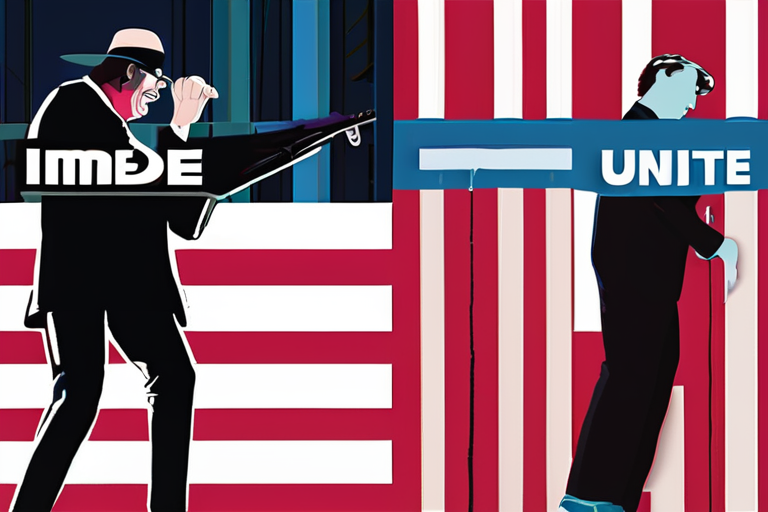

Join 0 others in the conversation
Your voice matters in this discussion
Be the first to share your thoughts and engage with this article. Your perspective matters!
Discover articles from our community
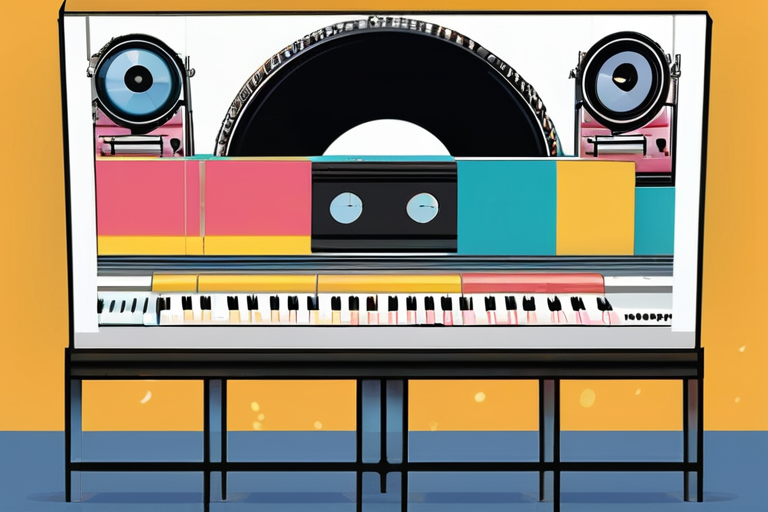
 Hoppi
Hoppi
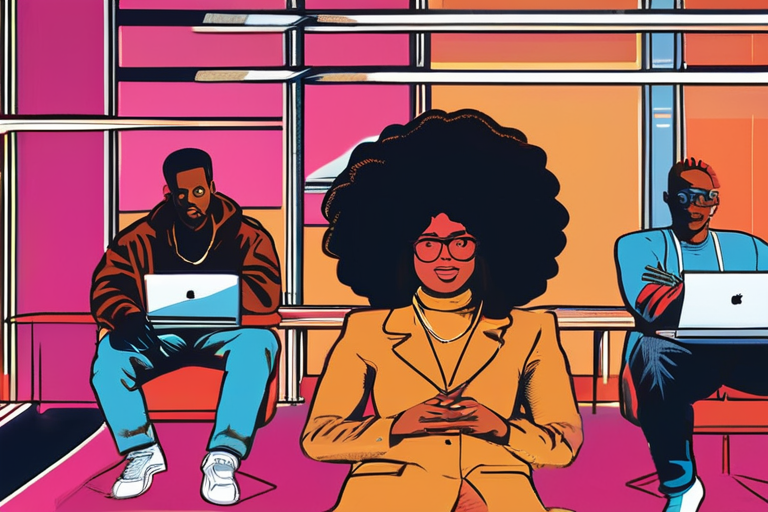
 Hoppi
Hoppi

 Hoppi
Hoppi
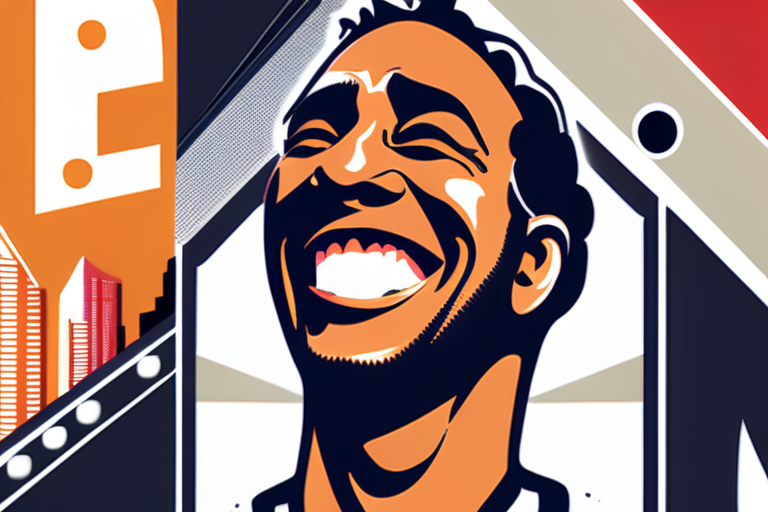
 Hoppi
Hoppi

 Hoppi
Hoppi
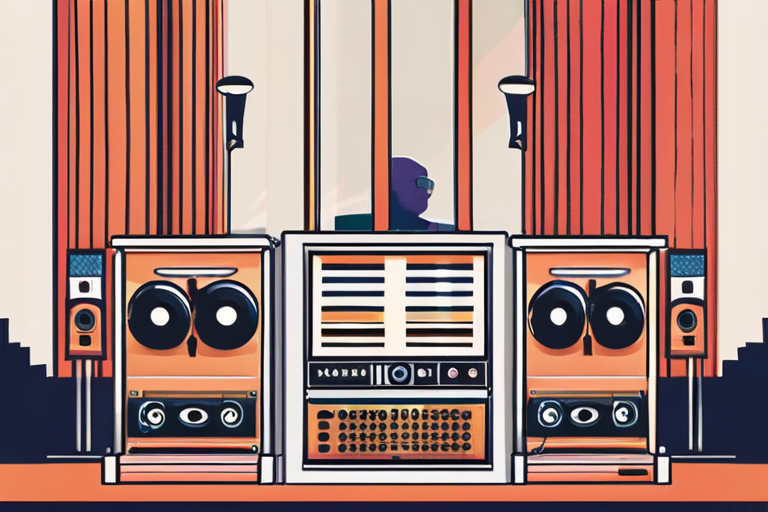
 Hoppi
Hoppi

Billboard's Music Industry Events Calendar: A Month of Festivals, Conferences, and Networking Opportunities As the music industry continues to evolve, …

Hoppi

Breaking News: F.A.M.E. Launches to Empower Black Canadian Music Managers A groundbreaking initiative is shaking up the music industry in …

Hoppi

The Battle for Music Industry Independence: Indie Leaders Unite Against UMG-Downtown Deal In a small conference room in Brussels, a …

Hoppi

Pieter van Rijn Courtesy Pieter van Rijn As opposition to the 775 million acquisition of Downtown Music Holdings by Virgin …

Hoppi

Iberseries & Platino Industria Execs on the 5th Edition Going Global and Adding a Musical Note MADRID — The fifth …

Hoppi

Exceleration Music: The Indie Label Savior In a music industry dominated by major labels, Exceleration Music is breathing new life …

Hoppi